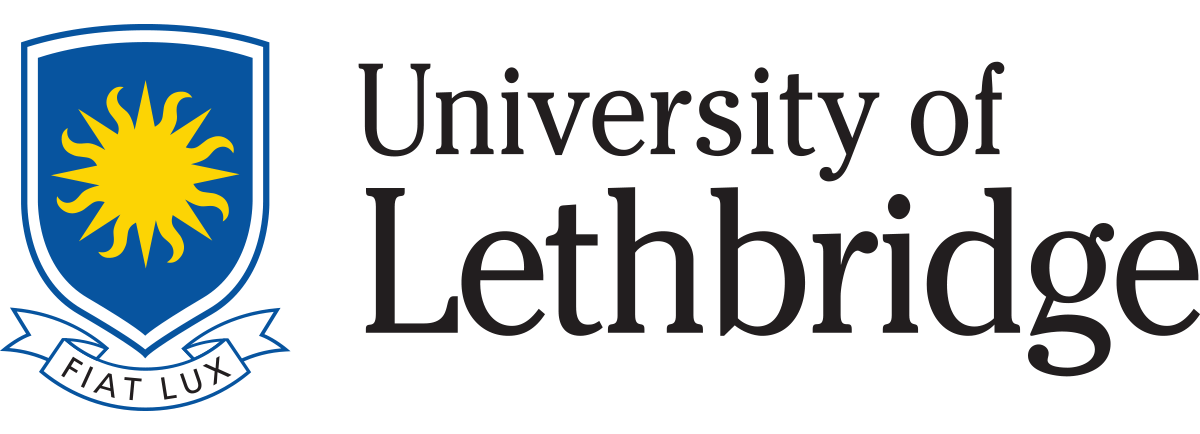CHEM 4000 is a series course. This particular offering of CHEM 4000 is a senior organic chemistry course with a strong pharmaceutical slant. The pre-requisite for Medicinal Chemistry is CHEM 2600 (Organic Chemistry II), and concepts from both CHEM 2500 and CHEM 2600 will be used regularly. While additional chemistry background is always welcomed, it is not required.
Medicinal chemists use organic chemistry to make drug targets. In this course, students will develop some of the skills necessary to this endeavor, particularly retrosynthetic analysis (breaking larger molecules into smaller parts). The text (Elements of Synthesis Planning) introduces the method of breaking down molecules into "synthons", an approach that will be used extensively.
Additionally, previous syntheses of drugs and drug targets will be used to help students improve their understanding of reaction mechanisms, add to their vocabulary of reactions, and evaluate the strengths and weaknesses of existing syntheses. The principles of green chemistry will be discussed, and will be the focus of the last assignment.
Course Structure: Students will be assigned readings from the text which will provide a starting point for discussion on Monday and Wednesday classes. New reactions relevant to the day’s discussion may also be introduced. Friday classes will be structured in “problem set” format in which students take turns working through steps of a synthesis with the help of peers and instructor, when necessary.
In order to encourage active involvement in both class discussions and problem set classes, participation marks will form a significant portion of each student’s overall grade. Each student can earn a maximum of 40 points which will then be divided by two to obtain a score out of 20. Taking a turn at the board during problem set earns a student 5 points. Active participation in class discussions (or helping the person at the board during problem set) earns a student 1 point (maximum 1 point per class; however, this point can be earned in addition to the 5 points for taking a turn at problem set). To earn participation points, a genuine effort must be made to contribute; credit will not be given for random guesses or other halfhearted attempts. Participation marks do not, however, depend on answers being correct.
Information provided on this website includes:
| CHEM 4000 Reading Guide (Spring 2022) | 113 KB | |
| CHEM 4000 Course Outline (Spring 2024) | 182 KB |


